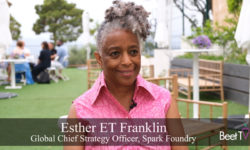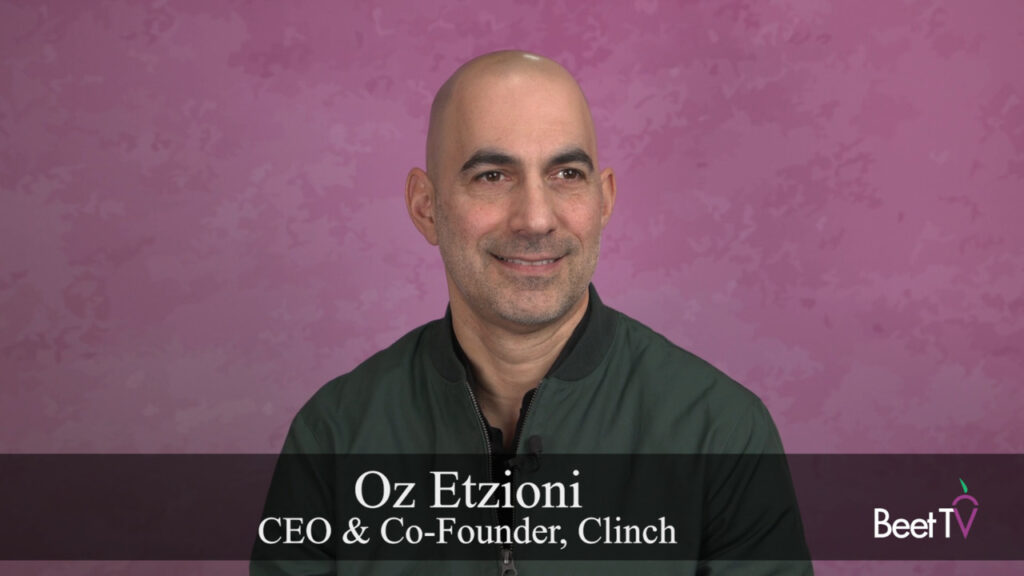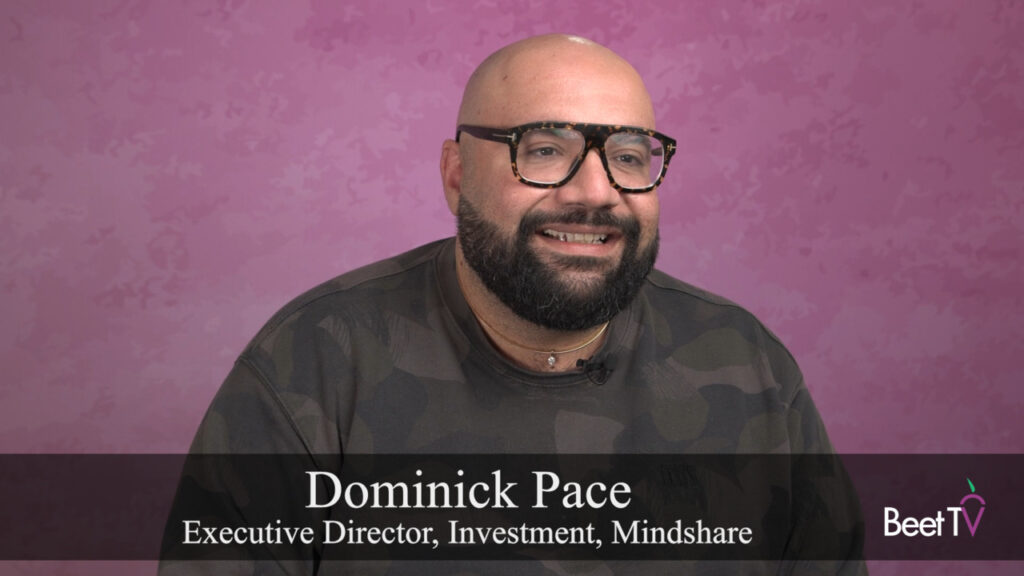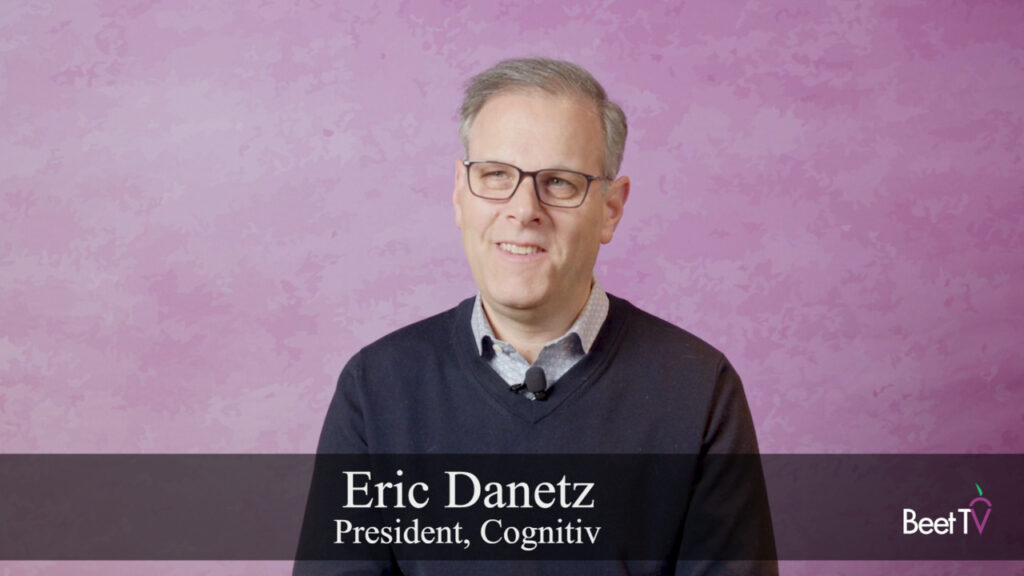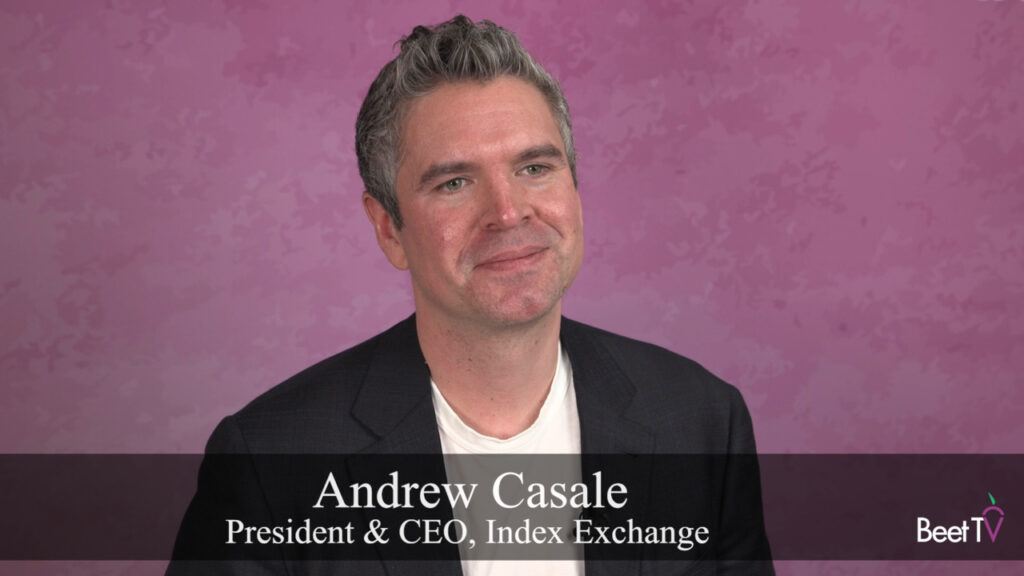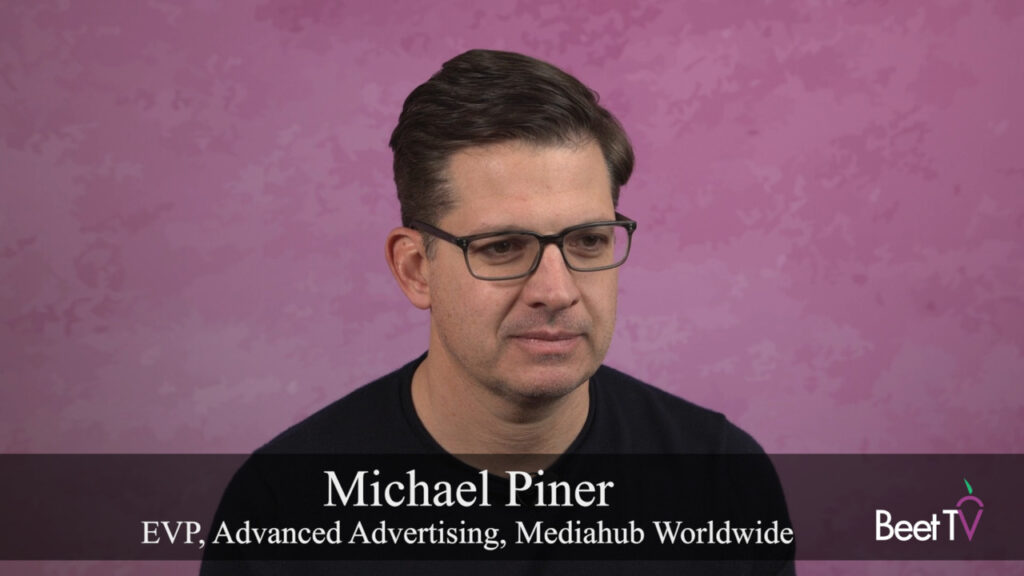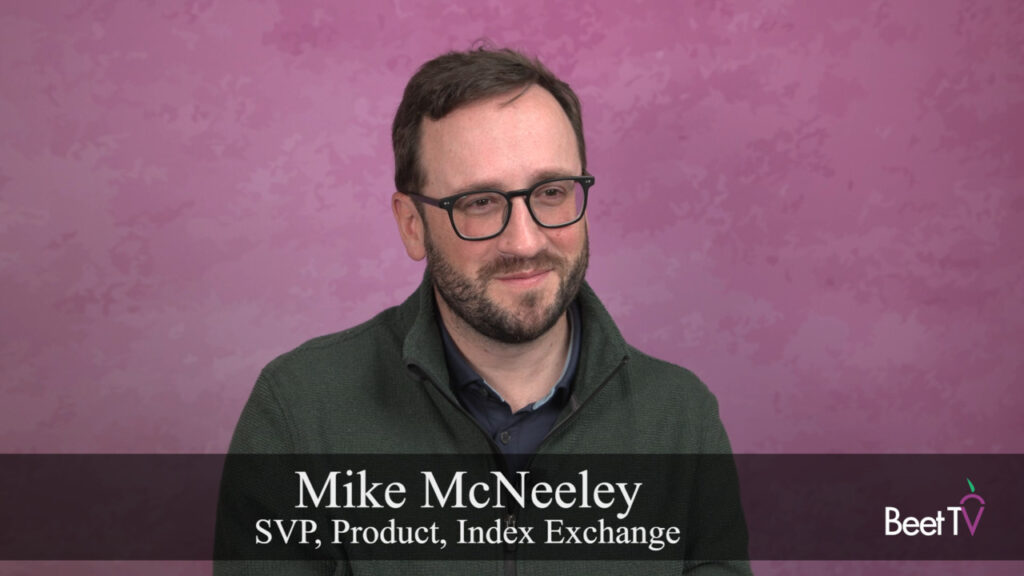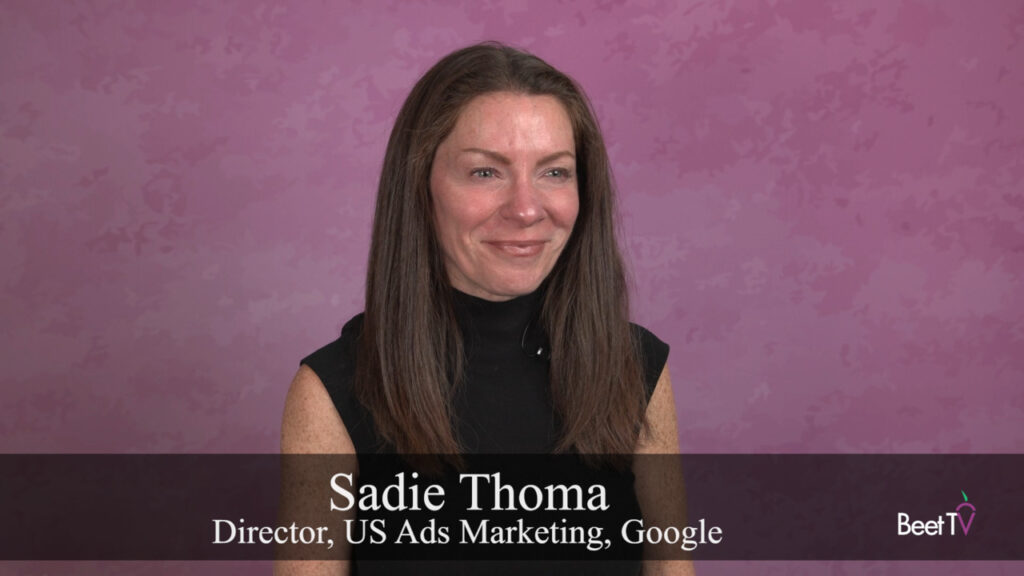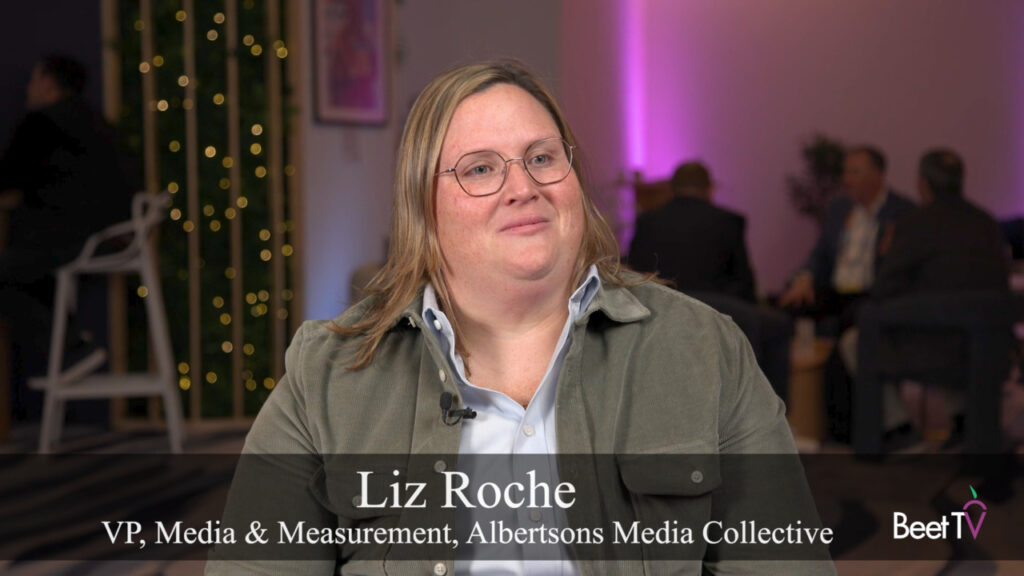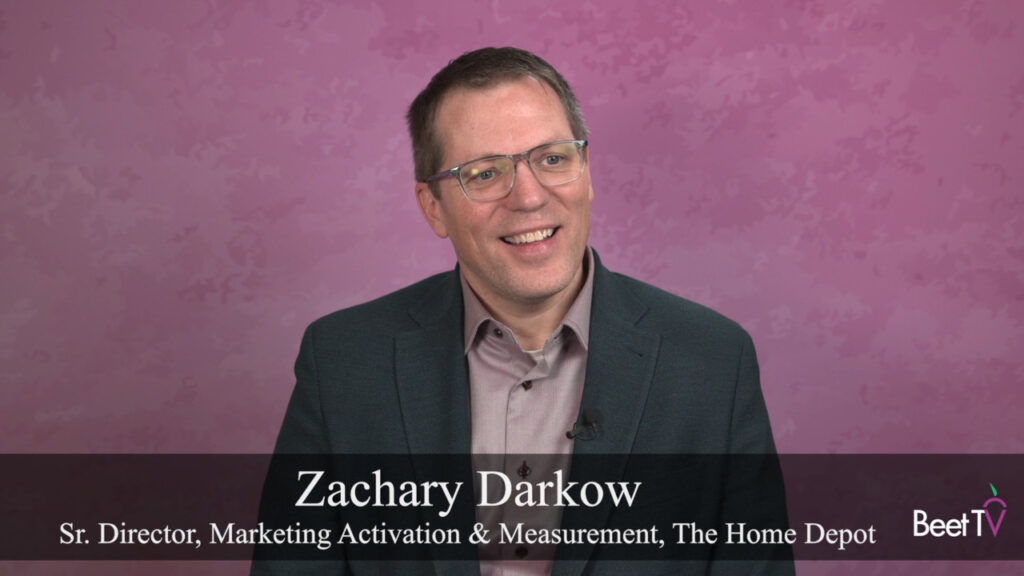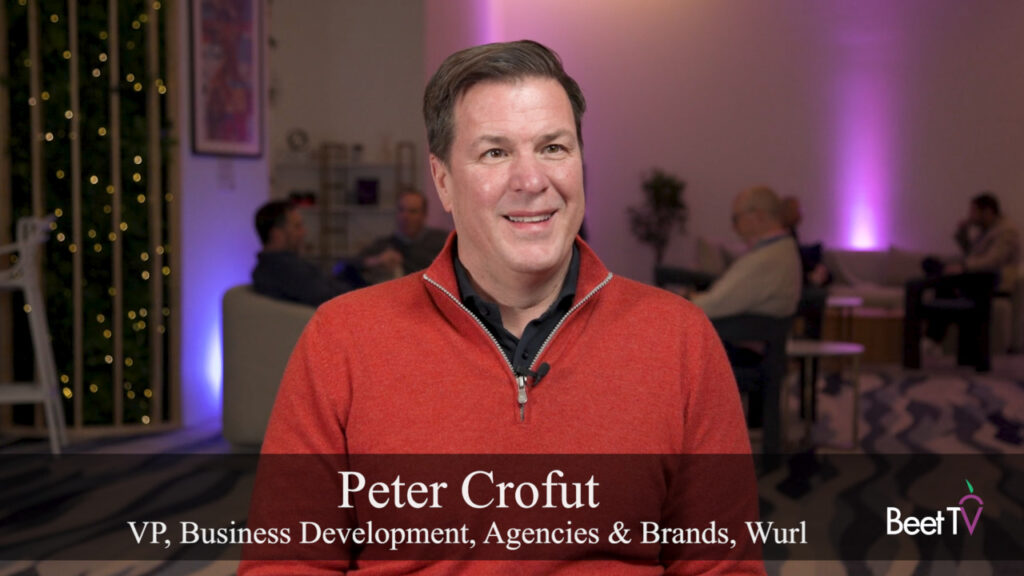CANNES – Putting brand messages next to content that appeals to an audience of likely customers for years has been the basic strategy for contextual advertising. That methodology was overshadowed as advertisers relied on technologies to track people’s online activities, but it’s making a comeback as consumers become more protective of their digital privacy.
Contextual advertising also is getting smarter with the advent of artificial intelligence (AI) technologies such as natural-language processing (NLP). These advances can help to determine what kinds of content offers the best framework for an ad.
NLP “allows us to predict how people are going to feel, predict what mood they’re going to be in, predict what motivations they might have, predict basically their mindset based on the article content that is published,” Guy Griggs, vice president of national sales at The New York Times, said in this Beet.TV interview with correspondent Tameka Kee at the Beet Villa during the Cannes Lions International Festival of Creativity.
Contextual information also gives advertisers a better idea of whether content is brand-safe or brand-suitable. Marketers might object to placing an ad next to disturbing content like pandemic death counts or news about disasters.
“There’s certain emotions or motivations or topics that we can acutely target and make sure that the advertisers are really being safe and not going towards the content that might be a little bit scary,” Griggs said.
Faced with declining ad sales, the New York Times in the past decade worked to expand its subscriber base to more than 10 million. Though subscription sales are the media company’s biggest source of revenue, the subscription business supports ad sales with the collection of first-party data from its readers. In addition, the company has a database of 135 million consumers who have interacted with its products in some way.
“The more people that subscribe, the more information that we have on them and the more solutions and insights we can provide to our partners — and of course. all in a very privacy-forward and safe way,” Griggs said. “What’s interesting is that we’re providing a 360 solution. So, it’s not just targeting tools and technologies, but we’re trying to inform strategy, leveraging all of these insights.”
You are watching “Contextual Advertising Emerging: Now Key in Driving Performance”, a Beet.TV Leadership Summit at Cannes Lions 2022, presented by Integral Ad Science. For more videos from this series, please visit this page. Beet.TV is an official partner of Cannes Lions.



















